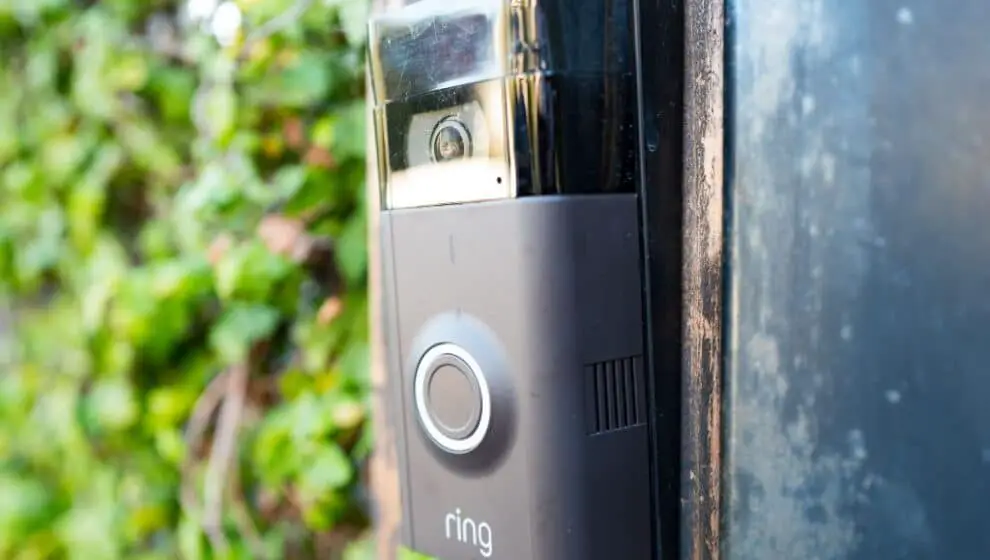Not every product can strike a deal on Shark Tank, but many companies have used their rejections as learning opportunities becoming widely successful after not receiving funding from the show’s “sharks.”
Key Details
- In the 14 seasons of Shark Tank, the business titans have given upcoming entrepreneurs more than $207 million in funding for their business ideas.
- Some top products include Bombas apparel, worth around $100 million, and Scrub Daddy, worth more than $70 million, but not all ideas receive funding from the sharks.
- The top eight rejected products that are now successful, according to Business Insider…
- The Bouqs Co. – farm-fresh floral delivery
- Ring – smart doorbells
- Kodiak Cakes – whole-grain pancake and waffle mixes
- Nerdwax – anti-slip eyewear wax
- The Lip Bar – vegan beauty products
- Xero Shoes – barefoot-inspired sandals
- MealEnders – weight-loss-inducing supplement
- Copa Di Vino – single serve wine
Why it’s important
Shark Tank is a television show on ABC that allows entrepreneurs to present their entrepreneurial ideas to five business titans.
The sharks all have different areas of expertise, but one common factor—they know business. While the sharks tend to pick the best companies to invest in and further their money, sometimes some good businesses fall through the cracks and become successful without the sharks’ help.
Some businesses don’t recover after failing to receive investment from the sharks, but others turn the rejection into drive and continue to power through because they believe in their business despite the industry leaders not seeing it as profitable.
The Bouqs Co. delivers fresh flower arrangements straight to customers’ doorsteps, but the company left the show in 2014 without a deal from the sharks. Three years later, shark Robert Herjavec was planning his wedding and remembered the flower company and decided to invest in the company.
The company has since raised over $88 million in funding, including a $30 million round at the beginning of 2020, and is worth nearly $500 million, according to Crunchbase.
Ring is a smart doorbell and security camera company that allows people to view who is at their door through a phone app. The company presented the idea to sharks in 2013 but left the show empty-handed.
Since then, it’s counted prominent investors like Kleiner Perkins Caufield Byers, Qualcomm Ventures, Goldman Sachs, and Richard Branson and was later bought by e-commerce giant Amazon for $1 billion.
Kodiak Cakes, a natural food brand that makes whole grain, protein-rich breakfast options, went on the show in 2014 hoping for a $500,000 investment for 10% of the business, but the sharks didn’t bite.
Now the company makes more than $160 million annually and is available at most major retailers, including Walmart, Costco, Kroger, Target, Meijer, and more.
Nerdwax is a tube of wax that can be put directly on glasses to keep the frames from slipping, but the sharks considered $10 per tube too expensive and ultimately passed on the deal.
Today, Nerdwax is worth multiple millions reporting over $2 million in annual revenue and boasting thousands of positive reviews on commerce websites such as Amazon.
The Lip Bar is an affordable, vegan-friendly, and cruelty-free makeup brand that sought funding from Shark Tank in 2015 but did not receive any deals from the sharks. Creator Melissa Butler said she saw the rejection more like a “spring forward” pushing her to better the brand and seek an audience that understood her message.
Now, the brand is worth more than $7 million and has expanded to include eyeshadow, lip liner, brow gel, which are available in Target stores worldwide.
Xero Shoes are thin sandals created to mimic the feeling of being barefoot that received an offer from Kevin O’Leary for $400,000 and a 50% equity, but the creator turned down the offer.
The creators left with no offer but have since raised over $1 million through crowdfunding, and the company is worth over $20 million.
MealEnders, a two-layered candy lozenge meant to prevent overeating, was on Shark Tank in 2017, leaving with no deal from the sharks. One year later, the company had $5 million in sales and currently boasts around $1 million in annual revenue.
Copa Di Vino was featured on the show twice, and both times founder James Martin walked away from the sharks’ offers for his single-serving wine containers.
The appearances on the show led sales to jump from $500,000 to more than $14 million, and in 2020 the company was acquired by Splash Beverage Group for $5.9 million.
